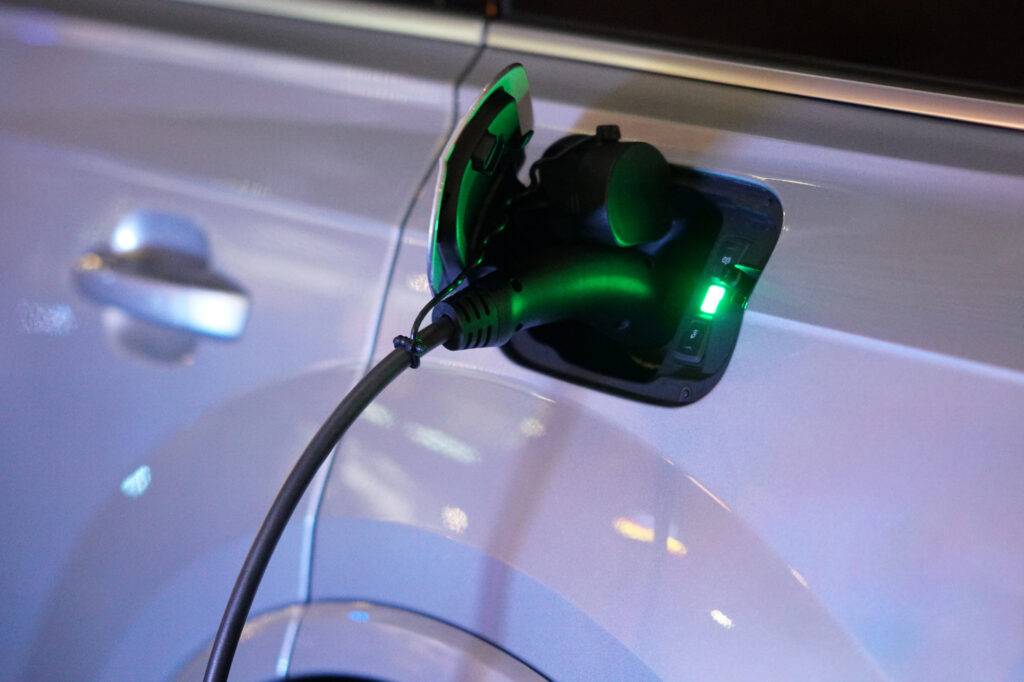Try our revamped Charger Finder!
Not sure about choosing a charger? Try our revamped Charger Finder!
Try our revamped Charger Finder!
Not sure about choosing a charger? Try our revamped Charger Finder!
EV Charger Be Installed at Home?
EV Charger Be Installed at Home?
EV Charger Be Installed at Home?
EV Charger Be Installed at Home?
EV Charger Be Installed at Home?
EV Charger Be Installed at Home?
EV Charger Be Installed at Home?
We are an established supplier of EV chargers and home EV installations in Orange County and have been in the industry since the beginning. One of the most common questions we receive after inquiries about the type of Level 2 EV charger (hardwired vs. 14-50 plug-in, or which brand type) is about the best location for your new home EV charger installation.

Contact us today to discuss your EV charging needs, and let us show you why were the #1 in EV installations.
Expert installation of EV Outlets and Charging Stations in Orange County. We use high quality materials to ensure safe, reliable and efficient charging at your home or business.
Comprehensive diagnostics, routine maintenance, and ongoing support to keep your EV charging system in peak condition. We can also recommend the best charging solution for your needs.
We take care of the entire process and will pull necessary permits and rebates if applicable.
We offer transparent pricing. Simply enter the details of your installation on our step by step tool, and you'll see pricing at the end. Questions? Call or text: (949) 426-8426
Choose your preferred date and time online. We'll be in touch within 24-48 hours with the final details for your installation.
Leave it to us. Our certified electrician will arrive on site with all the details in hand to get the job done quickly and efficiently.